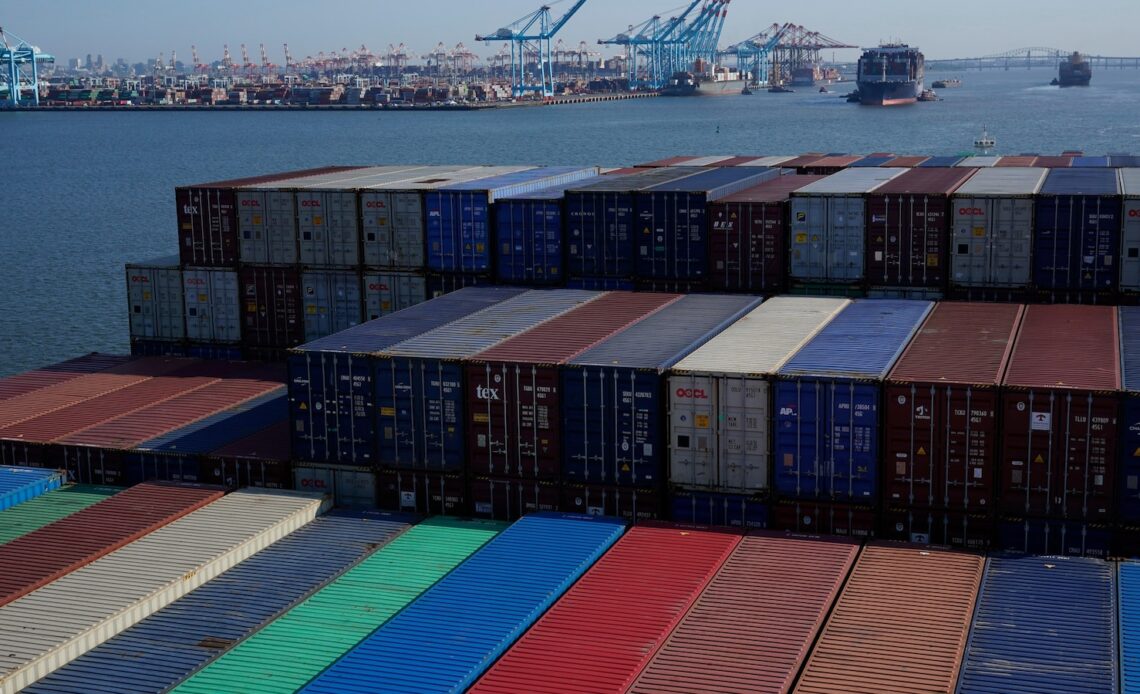Determined to thwart the automating of their jobs, about 45,000 dockworkers along the U.S. East and Gulf Coasts are threatening to strike on Oct. 1, a move that would shut down ports that handle about half the nation’s cargo from ships.
The International Longshoremen’s Union is demanding significantly higher wages and a total ban on the automation of cranes, gates and container movements that are used in the loading or loading of freight at 36 U.S. ports. Whenever and however the dispute is resolved, it’s likely to affect how freight moves in and out of the United States for years to come.
If a strike were resolved within a few weeks, consumers probably wouldn’t notice any major shortages of retail goods. But a strike that persists for more than a month would likely cause a shortage of some consumer products, although most holiday retail goods have already arrived from overseas.
A prolonged strike would almost certainly hurt the U.S. economy. Even a brief strike would cause disruptions. Heavier vehicular traffic would be likely at key points around the country as cargo was diverted to West Coast ports, where workers belong to a different union not involved in the strike. And once the longshoremen’s union eventually returned to work, a ship backlog would likely result. For every day of a port strike, experts say it takes four to six days to clear it up.
“I think everyone’s a bit nervous about it,” said Mia Ginter, director of North America ocean shipping for C.H. Robinson, a logistics firm. “The rhetoric this time with the ILA is at a level we haven’t seen before.”
The longshoremen’s union and the United States Maritime Alliance, which represents the ports, haven’t met to negotiate since June, when the union said it suspended national talks to first complete local port agreements. No further national contract talks have been scheduled.
Harold Daggett, the union president, warned earlier this month that the longshoremen stood ready to strike once their contract expires on Sept. 30.
“We are very far apart,” Daggett said. “Mark my words, we’ll shut them down Oct. 1 if we don’t get the kind of wages we deserve.”
Top-scale port workers now earn a base pay of $39 an hour, or just over $81,000 a year. But with overtime and other benefits, some can make in excess of $200,000 annually. Neither the union nor the ports would discuss pay levels. But a 2019-2020 report by the Waterfront Commission, which oversees New York Harbor, said about a third of…
Click Here to Read the Full Original Article at ABC News: Business…

